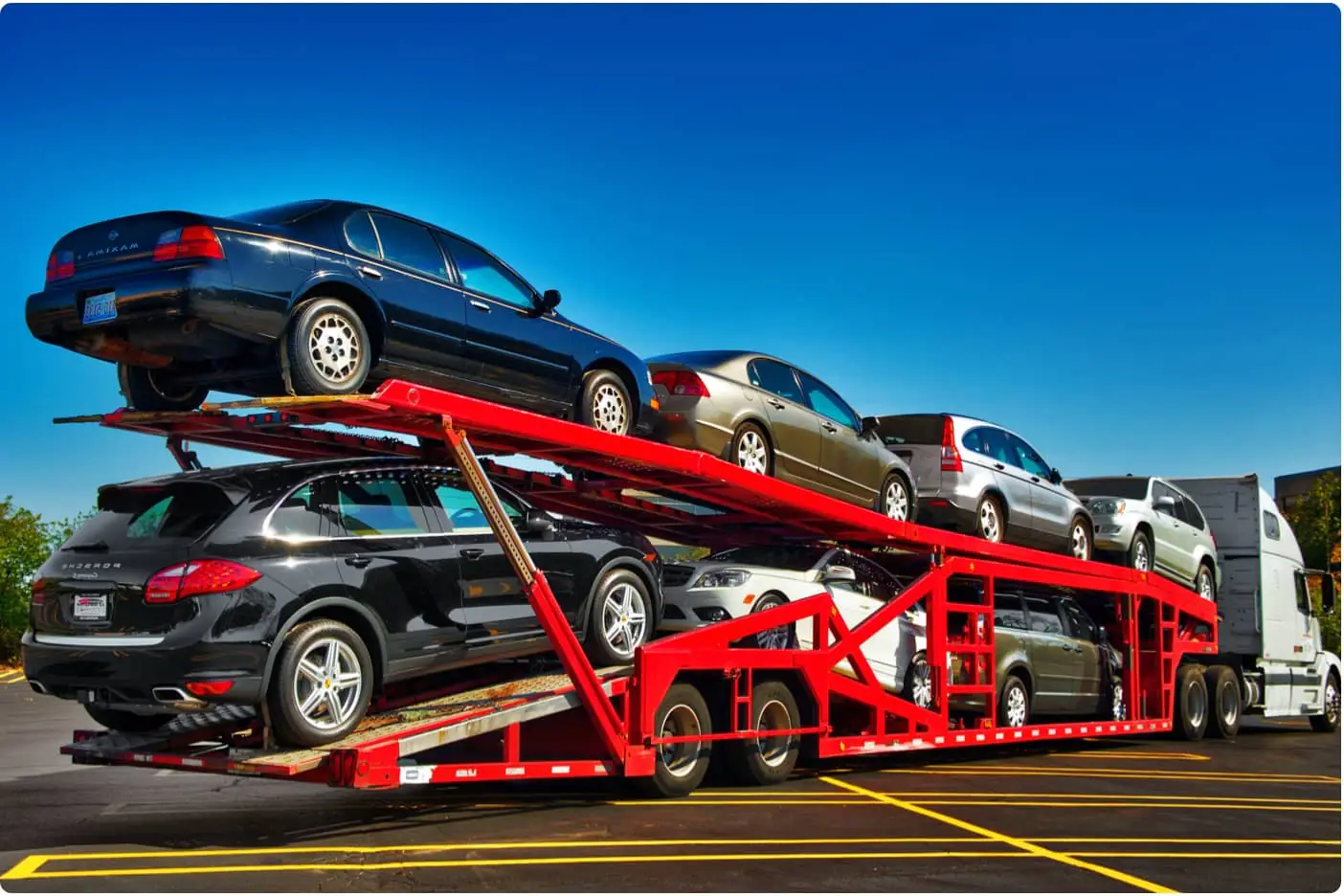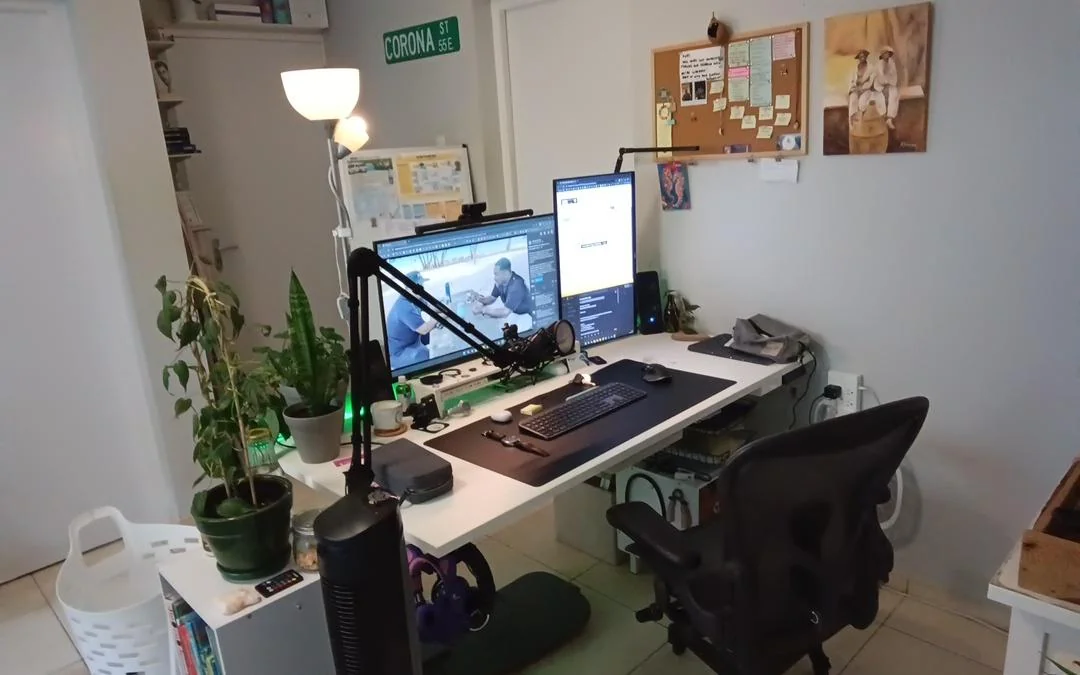How To Keep Your Collectibles Safe
Collectibles can be an excellent investment, but how do you ensure they're safe? Learn the tips for securely storing them and preventing damage.
Speak With A Shipping Expert And Save 10%
Call (866) 333-8018
Practical Guide To Dealing in Collectibles and Keeping Your Purchases Safe
Collectibles offer a way to turn a hobby into an investment. From coins to toys to records and much more, there is a wide range of items that people like to collect, and there is a growing interest in this hobby as well. An estimate from Market Decipher placed the collectibles market size at $458.2 billion in 2022. This same report suggests the size will more than double over the next decade, further highlighting the vast interest in collectibles of all kinds.
One of the things that makes collectibles a challenging yet interesting investment is that their value among collectors can differ wildly from what an uninitiated outsider might presume. Some of the finer details that contribute to a collectible's value may be difficult or impossible for an inexperienced outsider to notice. Recognizing an item's rarity, noticing imperfections, and understanding its desirability are all factors that require some specialized knowledge.
In order to successfully manage an investment in collectibles, it's important to do research and understand your desired collectible niche. Knowing how to find valuable items, preserve their value, and understand changes in the market are all vital to making wise investments.
Understanding the Collectible Market
Each type of collectible has different aspects to master before you can understand the market. Many collectibles are antiques that gain value over time, but the elements that contribute to value aren't always that straightforward.
- Fine art: Art is a popular collectible, and its value is determined based on many factors. Rarity, the artist's technical prowess, and even a piece's previous owners can have an impact on art's value. Art is also a collectible that can be displayed for its beauty, which gives it subjective value as well. Paintings and sculptures can be quite fragile, so it's vital to take great care when transporting artwork.
- Coins: Many collectors find fascination in rare and out-of-circulation coins. Coin collections tend to be very diverse, with some collecting coins still in circulation, and others collecting coins from fallen empires. While coins are made of metal, and as a result less prone to breaking than some other collectibles, they still require some care and consideration for storage. For example, the oils left behind from a fingerprint can cause permanent damage to the surface of a coin. It's important to use care when handling coins, whether transporting or storing them.
- Toys: Toys offer a nostalgic choice of collectibles that can remind a collector of their childhood. As a result, many collectors will choose to collect the types of toys they enjoyed as children, but collections can be more varied as well. Toys are often more valuable when they still have their original packaging, but condition is important as well.
Some collectibles have dedicated conventions that offer a good place to network with other collectors, find sought-after items, and learn more from experts.
Researching Items Before You Buy
Before buying an item, it's important to do a little homework. It can seem enticing to jump on buying an item, especially if it seems like a good deal. However, to avoid buying a collectible that ends up being worthless, try to verify its authenticity. Reproductions and fakes can look convincing, so it can be tricky to identify when an item is a forgery. If possible look for certificates of authenticity, or other signs that an item is genuine.
For collectible coins, services like the Professional Coin Grading Service provide a way to grade coins, as well as look up certifications from previously graded coins. This can provide a convenient way to ensure a coin's authenticity while at a sale. For collectibles like sports cards and memorabilia, Professional Sports Authenticator offers a similar service.
Tracking the current market value of an item can also help to ensure that you re paying a fair price, and asking for the right amount when selling. Prices can change over time, so it's worthwhile to keep up to date with market trends and understand factors that change an item's value.
Knowing Where To Look for Collectibles
There are many different places to find collectibles, and depending on what you re looking for, some areas may be more fruitful than others. It may be easier to come across more common collectibles at a garage sale or flea market, but online auctions or specialty conventions may make it easier to find exactly what you re looking for.
- Garage and yard sales: Often, in these types of sales, the owner is looking to reduce clutter. As a result, many items can be found for less than their value. However, the actual selection of things for sale will differ quite a bit between sales, since they consist of the family's possessions. Finding desired collectibles requires persistence, and is far from guaranteed.
- Flea markets: A flea market is essentially many garage sales put together. The group of unrelated sellers means there is usually a great variety of items that can be found, increasing the odds of finding a good deal on a collectible. However, due to the somewhat random nature of the items on display, finding specific collectibles can be unlikely.
- Estate sales: An estate sale consists of a wide selection of a person's personal effects.
- Antique stores: In antique stores, sellers often pay to rent space to sell their items. This leads to higher stakes for the seller, encouraging them to be knowledgeable about the items they are selling.
- Online auctions: Online auctions offer one of the most direct ways to find exactly the item you re looking for. Of course, this ease of access often means more competition from other collectors. Like with antique stores, online sellers are more likely to be knowledgeable about a collectible's value. Because of this, prices will likely be more in line with an item's value on the collector's market.
However, some sources of collectibles are more risky than others. For example, buying from an online auction means that you won t get a chance to personally inspect the item before purchase. This makes it harder to verify authenticity, and easier to inadvertently buy a counterfeit item.
Storing and Shipping Your Collectibles
Many collectibles lose value when damaged, so proper storage and transportation are crucial to maintaining a collection. Whether putting items into long-term storage or simply preparing them to be displayed, it's important to take proper care to avoid subjecting them to damage.
When shipping antiques or valuable items, it's important to use safe packing materials and use the help of white glove shipping services. This added care is especially important when shipping items like:
- Furniture: Shipping furniture involves moving heavy items that could have easily damaged finishes or upholstery. Using a careful shipping service can help avoid a costly accident.
- Antiques: Depending on the antiques to be shipped, the logistics of shipping can become complicated and troublesome to handle by yourself. Professional help can take care to ensure no damage is done to your valuable antiques.
- Electronics: Items like electronics can be susceptible to damage from excessive force, as well as exposure to heat and other conditions. Particularly when shipping multiple electronics, a professional service can make the move less stressful and easier to manage.
When shipping collectibles, be sure to take photos and document their condition before and after the shipment. If you are shipping an item to be sold, having photos of the item can help avoid potential misunderstandings between the seller and buyer.
Keeping Records of Your Purchases
When buying collectibles, it's important to keep thorough records with details about the purchase. Make note of the date and location of the purchase, the cost, the estimated value at the time, and other pertinent value. In addition to offering a fun and interesting thing to reference, it can offer practical value too. For instance, knowing how much you paid for something can help to determine whether you re getting a good deal if you choose to sell it.
More details regarding your collectible assets can also help if you need to make an insurance claim. Along that same line, it's important to know this information when purchasing insurance. Having detailed information about your collection makes it easier to choose an appropriate insurance policy that covers theft, fire, and other damage, and update it as needed.
Our Latest Moving Tips
View Full BlogTrustpilot Reviews
Aptos, CA 95003 US
Sat: 9:00 am - 3:00 pm
*Pacific Time


